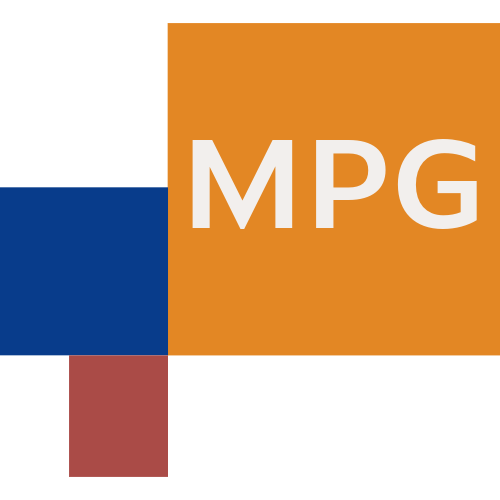menu
menu
Menu
cancel
- arrow_back_iosBacknavigate_nextpersonPersonal
- groupCommunities
- articleBlogs
- eventEvents
- sourceTemplates
- question_answerQuestions
- schoolLearning
- business_centerBusiness
- live_helpFAQ
**What are the key components that constitute an effective anti-corruption policy, and how can organizations ensure these components are consistently implemented and monitored?
2. **How do international anti-corruption frameworks, such as the United Nations Convention against Corruption (UNCAC), influence national anti-corruption policies, and what are the challenges cou...
3. **In what ways can technology and digital tools be leveraged to enhance transparency and accountability in anti-corruption efforts, and what are the potential risks and limitations of relying o...
**What are the key benefits of implementing real-time monitoring in industrial processes, and how does it improve operational efficiency?
2. **How does real-time monitoring utilize data and analytics to enhance predictive maintenance strategies, and what impact does this have on reducing downtime?
3. **What are the main challenges associated with real-time monitoring systems in terms of data privacy and security, and how can organizations address these concerns effectively?
How can organizations measure the effectiveness and long-term impact of their social initiatives on communities and stakeholders?
What strategies can businesses employ to align their core operations with social impact goals without compromising profitability?
In what ways can technology be leveraged to enhance the reach and efficiency of social impact efforts in underserved communities?
What measures can governments implement to significantly reduce greenhouse gas emissions and transition toward a more sustainable energy system?
